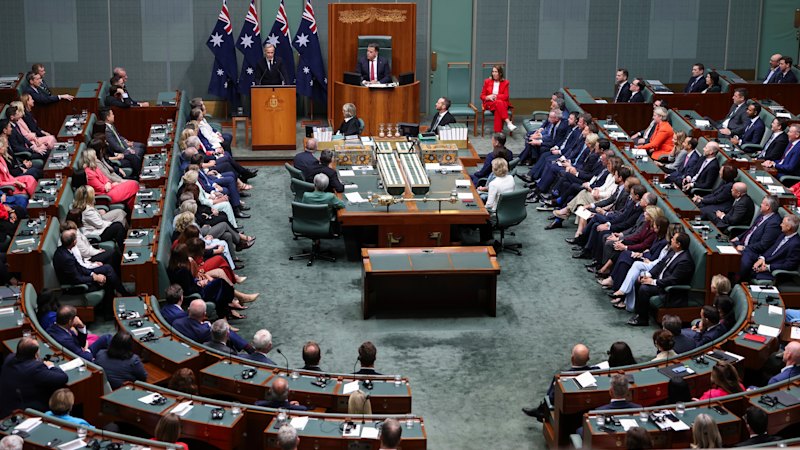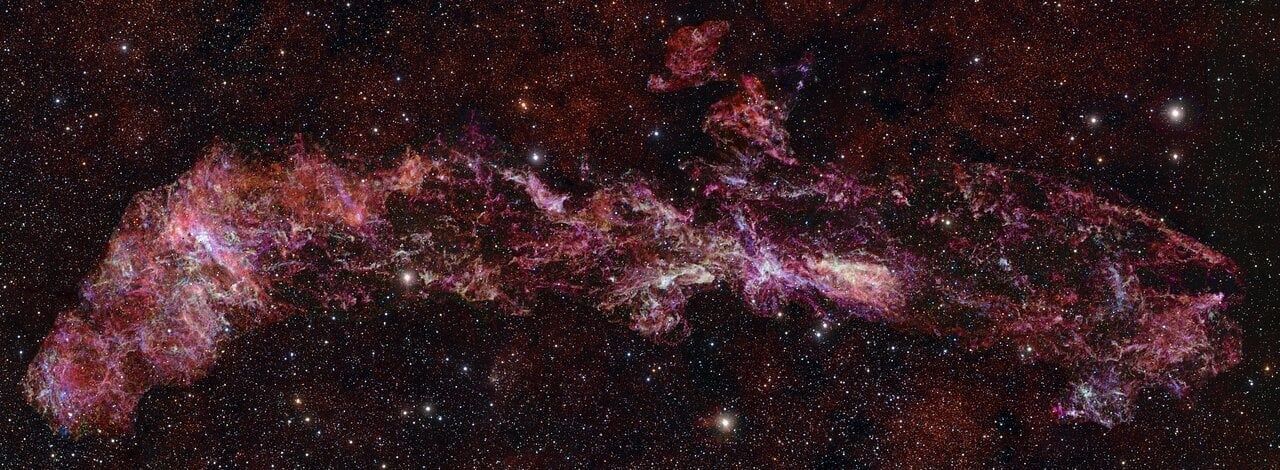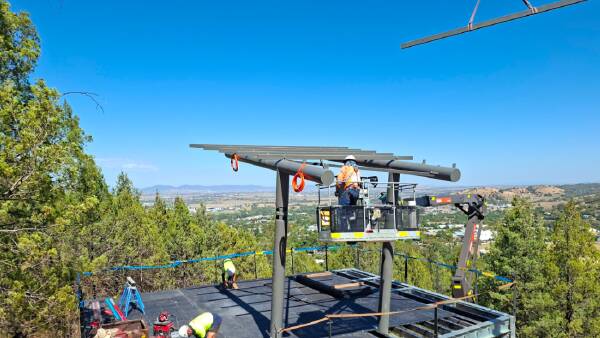
Australia’s leading science agency, the CSIRO, has announced it will cut up to 350 science jobs as it grapples with long-term financial sustainability issues. These job losses come in the wake of rising operational costs that have outpaced funding, compelling the agency to reassess its workforce and program breadth.
Founded over 100 years ago, the CSIRO has faced increasing resource strain and now finds itself at a critical juncture. Chief Executive Doug Hilton stated that the agency must adapt to effectively balance its research focus, capabilities, and infrastructure. He described the decisions as challenging yet essential for the continued delivery of impactful science that addresses key challenges for Australians.
“CSIRO’s reason for being is to deliver the greatest possible impact for the nation through our research,” Hilton remarked. He emphasized the organization’s responsibility to ensure it can continue to provide scientific solutions that enhance the lives of Australians for generations to come. Hilton added that the agency must sharpen its research focus to address profound national challenges and deliver scalable solutions.
Government Response and Criticism
The announcement has been met with strong criticism from the CSIRO Staff Association, which attributed the job cuts to inadequate government funding. Section Secretary Susan Tonks expressed dismay, stating, “It was a very sad day for publicly funded science in this country.” She argued that the Albanese government has failed to prevent what she described as devastating cuts that have already seen 800 research and science job losses in the past 18 months.
Tonks highlighted that current cuts exceed those made under the previous government, calling on the government to urgently provide funding to secure the vital work of the CSIRO. “These are some of the worst cuts the CSIRO has ever seen, and they’re coming at a time when we should be investing in and building up public science,” she stated.
In response, Tim Ayres, Minister for Industry and Innovation, reaffirmed the government’s commitment to science. He indicated that a review process will take place over the coming weeks to ensure the CSIRO aligns its efforts with key research priorities, including critical minerals and iron and steel production.
Future Investment and Strategic Focus
Prime Minister Anthony Albanese noted that more jobs were created prior to these redundancies, insisting that the government believes in investing in science. The CSIRO is now looking to deprioritize certain research activities that lack the necessary scale for significant impact or where other entities are better positioned to deliver outcomes.
The organization also estimates that it will require up to $135 million annually over the next decade to invest in essential infrastructure and technology. This investment will cover repairs and maintenance of existing sites, research equipment, cyber protection, and advancements in technology.
As the CSIRO navigates this challenging period, its leadership stresses the importance of maintaining a robust and modern scientific agenda to meet Australia’s future needs. The outcome of these changes will be crucial in determining the agency’s capacity to continue delivering essential research that benefits all Australians.







